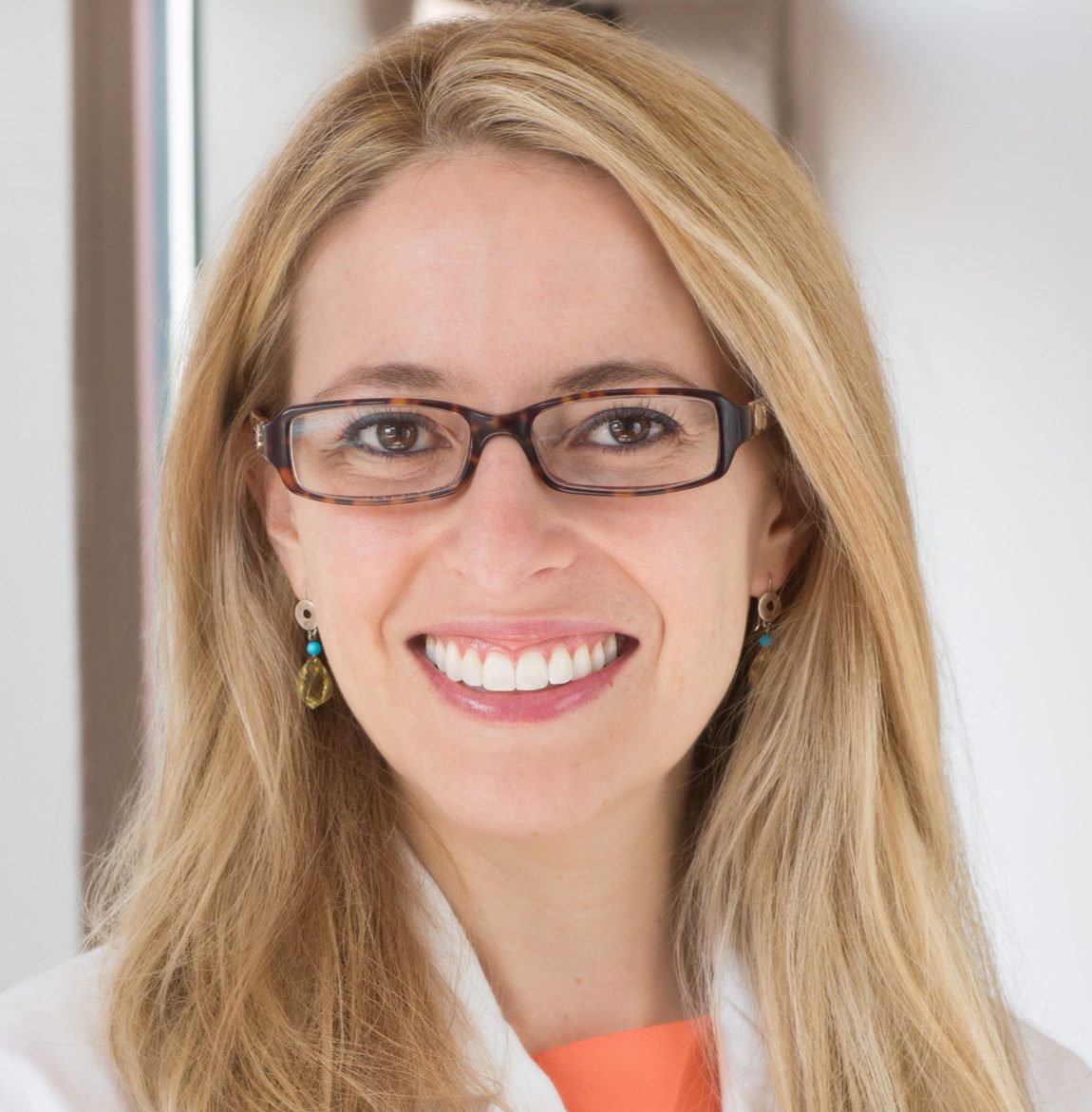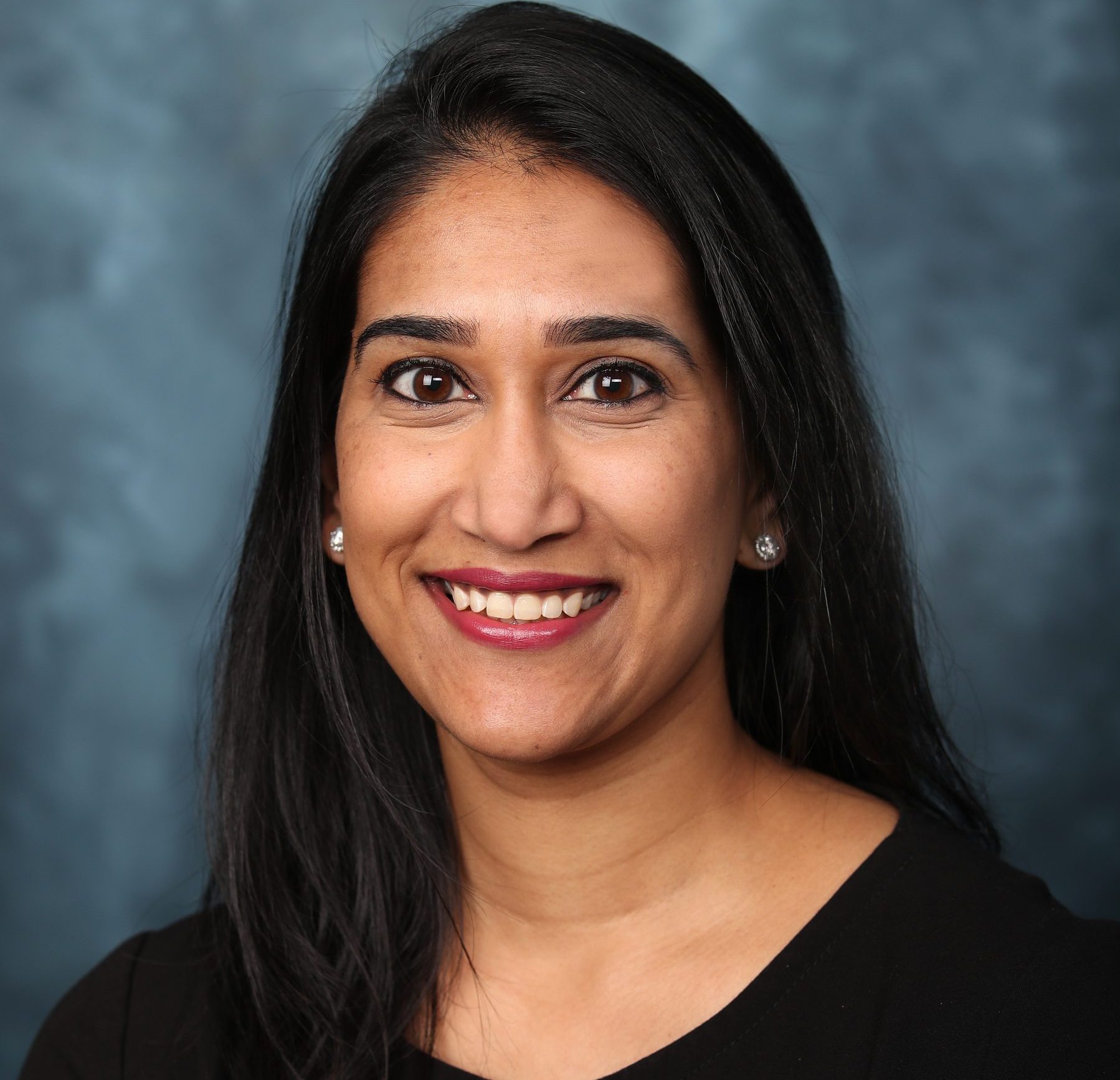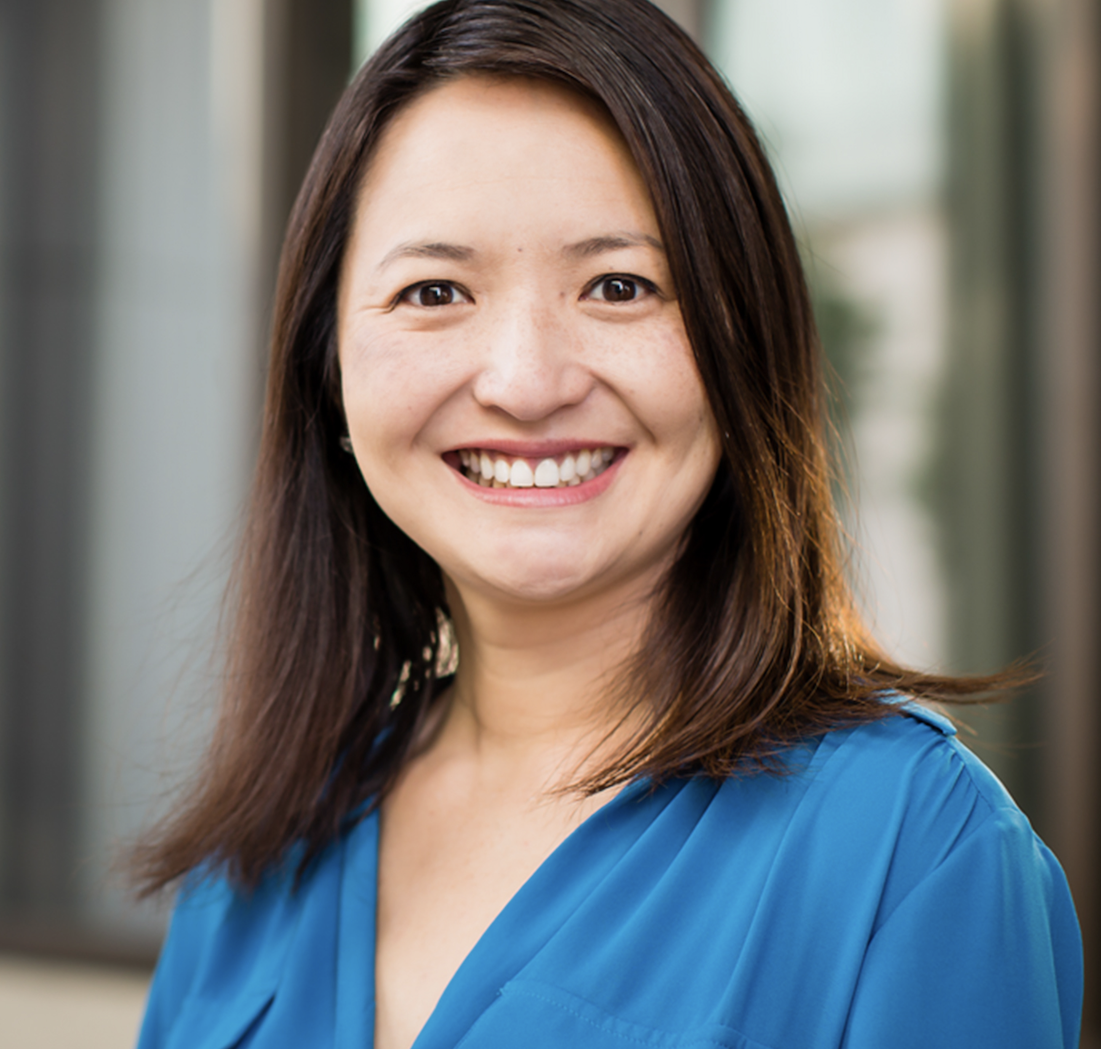S1E79: Women’s Health: Fertile Ground for COVID Myths / Andrea Edlow, Stephanie Gaw, Alice Lu-Culligan, Leena Mithal, Steve Stecklow
“Pregnant women who have SARS-CoV-2 are more likely to be admitted to the ICU, to need a ventilator and are more likely to die than women of the same age who are not pregnant. Pregnancy definitely makes getting COVID-19 much more dangerous.” -Andrea Edlow
Some of the most persistent myths about coronavirus and the vaccines developed to fight it have to do with women’s health. In this episode, we’ll hear about the latest science when it comes to topics like COVID and a woman’s fertility, breastfeeding, and how vaccines can help a pregnant woman protect her child in the womb. We’ll also address the legacy of excluding pregnant women from clinical trials and how that history complicated caring for pregnant and lactating women during the pandemic.
This podcast was created by Just Human Productions. We’re powered and distributed by Simplecast. We’re supported, in part, by listeners like you.
Andrea Edlow: Pregnant and lactating women have been sort of a taboo group to study for… forever.
Alice Lu-Culligan: I think this is a general reflection of kind of how our society has treated women in the past. And also, these particular women’s health issues.
Stephanie Gaw: The goal of COVID-19 vaccines and pregnancy isn’t to protect the baby, the goal is to protect the mothers.
Céline Gounder: You’re listening to EPIDEMIC, the podcast about the science, public health, and social impacts of the coronavirus pandemic. I’m your host, Dr. Céline Gounder.
Steve Stecklow is a Pulitzer Prize-winning journalist with Reuters. He’s based in London. Earlier this spring, Steve and his colleague Andrew MacCaskill wrote a report looking into the origins of one of the most harmful myths about COVID vaccines and the man behind it: Micheal Yeadon.
Steve Stecklow: Michael Yeadon is a former scientist from Pfizer who worked in the UK from around 1995 to 2011, and he was a, um, expert in allergies and respiratory diseases. But he’s become this big figure in the anti-vax movement.
Céline Gounder: Yeadon would not speak to Steve for his story, so some of the reporting was based on Yeadon’s public Twitter account.
Steve Stecklow: So in the beginning, interestingly enough, Dr. Yeadon’s tweets, you know, he talked about how, basically, how the world needed a vaccine. And that was one of the only hopes for it. This was back in March of last year. But by April, he started becoming more skeptical about vaccines and other things.
Céline Gounder: Yeadon started to speak out against lockdowns in the United Kingdom. He became increasingly strident in his opinions. Those positions attracted more attention, and he started being interviewed on radio and TV.
Steve Stecklow: He started making these predictions that there would be no second wave. And in the UK, there was a huge second wave. And when we wrote our story in March, 80,000 more people had died during that second wave.
Céline Gounder: Steve says former colleagues of Yeadon he interviewed for the story said they were surprised by his public comments on vaccines and pandemic controls.
Steve Stecklow: He talks at some point how his own family seemed disturbed by the things he was saying publicly.
Céline Gounder: Then Yeadon went a step farther.
Steve Stecklow: So back in early December, Dr. Yeadon and a German doctor filed a petition with the European Medicines Agency calling for a halt for all clinical trials of COVID vaccines.
Céline Gounder: Yeadon’s petition said they were concerned that the antibodies created by the vaccine could harm the placenta of a pregnant woman. The British government did not stop the trials, but news of the petition went viral. It quickly morphed into a rumor that COVID vaccines could make women infertile.
Steve Stecklow: One month after he had filed this petition, something like one out of eight people surveyed right by Kaiser and in the US said that they were concerned about or believed that the COVID vaccines cause female infertility.
Céline Gounder: Alice Lu-Culligan started to hear these rumors too.
Alice Lu-Culligan: I think that it struck a chord because it was very pervasive and really hit my peer group quite heavily.
Céline Gounder: Alice is an MD-PhD student at the Yale School of Medicine. She studies the immunology of viral infections during pregnancy. Alice says she started to hear fears from young women about how vaccines could affect their fertility, but also nursing and menstruation.
Alice Lu-Culligan: One of my friends came forward and asked me what my thoughts were on vaccination because she was nursing her infant at the time and she was on these mommy forums and saw a lot of really scary posts about how the vaccine would harm her child in some cases, potentially kill her child.
Céline Gounder: There is no evidence that COVID vaccines cause infertility or harm a child in the mother’s womb. But the pandemic has underscored that pregnant and breastfeeding women are often excluded from clinical trials — including the COVID vaccine trials conducted in 2020.
Alice Lu-Culligan: So when a lot of these pseudo-scientific theories started proliferating, we were already starting at a serious disadvantage by not having thorough safety data established and already conducted, or at least initiated.
Céline Gounder: So Alice decided to start studying the impacts of vaccines on women — including the myth about the vaccines causing infertility.
In this episode, we’re going to hear more about the research Alice and her colleagues did as we take a look at vaccines and women’s reproductive health. We’ll hear why it’s so important for pregnant women to get vaccinated.
Andrea Edlow: We know from large studies from the CDC that pregnant women who have SARS-CoV-2 are more likely to be admitted to the ICU.
Céline Gounder: What the latest science says about moms and vaccines…
Stephanie Gaw: There haven’t been any warning signals yet from the thousands of women that have gotten the vaccine early in pregnancy.
Céline Gounder: And how the pandemic could be an opportunity to change the way clinical research is done in the future.
Alice Lu-Culligan: I think there’s an opportunity to move away from thinking about these populations as vulnerable and instead thinking of them as populations that we can empower with research.
Céline Gounder: Today on EPIDEMIC, COVID vaccines and women’s reproductive health. For most of the 20th century, women were routinely left out of clinical trials. And this has important implications for how physicians treat their patients.
Alice Lu-Culligan: I think that women were being left out of trials, because there were very rigid, very paternalistic guidelines that were in place expressly, excluding women of childbearing potential from participating in trials. I do think these blanket policies came from a place of wanting to protect people. But unfortunately it also created huge disparities in information about these populations.
Céline Gounder: This is something I have personal experience with. When I was working with AIDS patients in South Africa in the 2000s, there was a lot we still didn’t know about antiretroviral drugs in women. The clinical trials in which those drugs were studied didn’t include a representative sample of women or racial and ethnic groups. That meant that if my patient was a non-white woman, I didn’t have much hard data on how those HIV drugs might affect her differently than a white man. And when you add pregnancy to the mix, it’s even more complicated.
Alice Lu-Culligan: So it was only in 1993 that Congress wrote into federal law, the NIH inclusion policy that ensures women, and also minorities had to be included at all clinical research.
Céline Gounder: Thinking back on that history, how does that make you feel that women were really left out of the scientific enterprise in many respects? Not least of which was generating science around women and understanding women’s biology. How does it make you feel that women were left out until 1993?
Alice Lu-Culligan: I mean, it’s shocking. It’s absolutely shocking. I think that to dismiss the biology of half of the population really shows what kind of system we were operating in during that time. So, yeah, I think that having it be so recent really shows us that we have a long, long way to go and we really need to do a better job of promoting these issues far into the future, because it really is a catch up game at this point.
Céline Gounder: So Alice decided to start tackling some of the unanswered questions when it came to COVID and pregnancy — including the myth about vaccines making women infertile. The same myth that started with Michael Yeadon last December.
Céline Gounder: The myth has to do with a protein that’s important in the formation of the placenta — Syncytin-1.
Alice Lu-Culligan: There were some individuals early in the pandemic who perpetuated this myth that Syncytin-1, looks a lot like the coronavirus spike protein, which of course the vaccines are designed to target. So these people argued that after vaccination, the body would inadvertently attack Syncytin-1 in the placenta and not only the coronavirus. So the problem is though, of course, there’s just absolutely no biological basis for this theory.
Céline Gounder: Syncytin-1 and the spike protein just aren’t that similar.
Alice Lu-Culligan: We teamed up with our collaborators, who developed this method of detecting auto-antibodies from patients’ sera. In a preliminary study from there, we didn’t see any cross reaction between patient sera, whether they had COVID, or been exposed to the vaccine, against Syncytin-1.
Céline Gounder: Alice says a coronavirus spike protein and Syncytin-1 are so different, the body’s immune system simply won’t confuse one for the other.
Alice Lu-Culligan: I think what’s also particularly ironic about this myth is that the myth suggests that only vaccination would cause infertility, but if any of this myth were true, it would also follow that any SARS-CoV-2 infection could induce infertility because of course the virus itself is expressing spike protein.
Céline Gounder: Alice says this gap in knowledge reveals the myth as a piece of anti-vax propaganda.
Alice Lu-Culligan: It argues that this is something unique to the vaccine when it would be impossible that it would be unique to the vaccine. It should also happened with COVID infection as well, and that’s just not seen.
Céline Gounder: So, if infertility isn’t a risk from SARS-CoV-2 infection or the COVID vaccines… What are the risks when it comes to pregnancy and COVID?
Andrea Edlow: Yeah, that’s it, that’s a really important question.
Céline Gounder: This is Andrea Edlow. She’s a maternal fetal medicine physician at Massachusetts General Hospital in Boston. Andrea also teaches at Harvard Medical School.
Andrea Edlow: We know from large studies from the CDC that pregnant women who have SARS-CoV-2 are more likely to be admitted to the ICU, to need a ventilator, so pregnancy definitely makes getting COVID-19 much more dangerous.
Céline Gounder: One of the reasons is that a woman’s immune system is naturally suppressed during pregnancy. This is partly to help prevent the body from rejecting the fetus. But it can also make a pregnant woman more likely to get really sick if she gets an infection. The other risk has to do with how a baby inside the womb changes a woman’s ability to breathe.
Andrea Edlow: So the actual uterus that is enlarged, pushes up the diaphragm, which is what you kind of need to drop down to take really nice deep breaths and kind of air out your lungs. And if the diaphragm can’t physically drop as well, because the uterus is higher, that is one aspect of why pregnant women are more predisposed to get severe lung illness, and that’s part of the reason that if a pregnant woman gets SARS-CoV-2, she’s more likely to need a ventilator.
Céline Gounder: And if the mother is sick, there’s a risk that the baby will suffer in some way. Andrea says the studies so far suggest it’s rare for a woman with SARS-CoV-2 infection to pass the virus on to her baby, but there are other risks that come with getting COVID while pregnant.
Andrea Edlow: Having SARS-CoV-2 in general, in pregnancy, appears to be a risk factor for preterm birth. Some of the large population level data suggests that the preterm birth rate is as high as 12% in women who have SARS-CoV-2 in pregnancy. And that’s higher than the national average. So we’re sort of attributing that to something about SARS-CoV-2.
Céline Gounder: These are just some of the reasons why a pregnant woman would benefit from protection against coronavirus. But because pregnant and lactating women were excluded from the clinical trials in 2020, there wasn’t any hard data on how the vaccines impacted these women… until Andrea and her team did their study.
Andrea Edlow: We were primarily enrolling healthcare workers and any employees actually of the hospital who were interested in participating, because those were the people who happen to be eligible to get the vaccine in Massachusetts at that time.
Céline Gounder: Andrea says when they announced the study, there was an outpouring of support and interest from women at Mass General. Nurses, food service workers, physicians, clerks, midwives… they all volunteered.
Andrea Edlow: We were just so impressed with the willingness of people to participate in research that people were seeking us out. I mean, we were getting texts from people, emails, calls. People were contacting us through other people. Like my friend heard that you guys are doing a study, and she works in the emergency room. She’s breastfeeding. Can she do it?
Céline Gounder: Why do you think they were so interested in participating in this study? Why was there so much enthusiasm for this?
Andrea Edlow: I think the people just felt like immense relief, and we just all felt really fortunate that we could start to have that anxiety lift, that we could do something proactive. And especially pregnant and lactating women who were living with that heaviness of always being worried that you were going to infect your baby or infect your children that were already at home or your family members. And so, I think it was a combination of just like feeling really joyful to let that anxiety lift and wanting to help other people with information.
Céline Gounder: Andrea’s study collected blood samples before and after volunteers got their vaccine. They also collected samples from breastfeeding women. The results were stunning.
Andrea Edlow: Antibody responses from vaccination were uniformly higher than the antibody responses that were attained from having natural COVID-19 infection during pregnancy. So when we looked across the pregnant, the lactating and the non-pregnant groups who were vaccinated, all of their antibody titers were much higher than the titers that we saw in the blood of pregnant women who had COVID-19 in pregnancy.
Céline Gounder: She says the side effects of vaccination the women reported weren’t unique: soreness at the injection site, fever, chills, and muscle aches. Only one participant reported an allergic reaction. Andrea says she hopes their research will encourage more pregnant women to get vaccinated.
Andrea Edlow: Anytime that you’re making a decision weighing theoretical, unknown risks, you want to know, first of all, well, does it work in me? And so why would you take theoretical unknown risks if the vaccine wasn’t going to work great for you. So I think that knowing that it works well is definitely gonna help pregnant and lactating individuals make decisions around the vaccine better.
Céline Gounder: Andrea’s research found that vaccines were just as effective in pregnant women… that the immune response from the vaccine was better than that from natural infection… and…
Andrea Edlow: And then the third point is just kind of the concept of protecting two individuals.
Céline Gounder: We’ll hear more about how moms who get vaccinated during pregnancy are able to protect themselves and their child from coronavirus… that’s after the break.
***
Céline Gounder: Leena Mithal is a physician-scientist at Northwestern University and Lurie Children’s Hospital in Chicago. Her focus is on pediatric infectious diseases. Leena agrees that pregnant women should get vaccinated first and foremost for their own health. But there are other advantages too.
Leena Mithal: A bonus to vaccination during pregnancy is antibody transfer to the infant.
Céline Gounder: A pregnant woman’s antibodies are passed on to her baby through the placenta and breastmilk. It’s a natural way of protecting babies from infection when their own immune systems are still developing. This is why it’s recommended that moms get a Tdap vaccine during their pregnancy. The antibodies a mom produces will transfer to the fetus and protect it from common childhood illnesses like whooping cough and diphtheria. But mRNA vaccines like those from Moderna and Pfizer had never been given to pregnant women before.
Leena Mithal: And so the question of what would be the transfer ratio and the efficiency of antibody getting to the baby through the placenta was unknown.
Céline Gounder: So Leena and her team set out to discover what level of protection the vaccines provided the fetus.
Leena Mithal: We found that as long as the vaccine was given greater than two weeks prior to delivery, that there were protective antibody levels in mom, as well as in baby. And that the earlier in the third trimester that the woman got vaccinated. The higher the transfer ratio and antibody level was in the baby.
Céline Gounder: Another way mothers can pass on antibodies and other protection against disease is through breastfeeding.
Stephanie Gaw: These are all kind of ways that mother nature has come up to protect a very vulnerable newborn from infections.
Céline Gounder: This is Stephanie Gaw. She is a physician-scientist at UC-San Francisco where she studies maternal health and infectious diseases. Just like pregnant women weren’t included in the vaccine trials, neither were breastfeeding moms.
Stephanie Gaw: It was clear that there was no data for pregnant or lactating moms.
Céline Gounder: One of the common concerns Stephanie heard was if the mRNA vaccines were somehow passed on to the babies through the mother’s milk.
Stephanie Gaw: There is still, I think, a lot of worry and anxiety amongst pregnant and lactating mothers that, you know, they’re taking something that may be transmitted to the baby.
Céline Gounder: So Stephanie and her team started collecting samples from pregnant women and new moms who received either the Pfizer or Moderna vaccines.
Stephanie Gaw: We would take breast milk and blood samples from the mother before the first time vaccine dose, before the second vaccine dose, and about four weeks after completion of the series.
Céline Gounder: So did you find mRNA from the Pfizer or Madrona vaccines in breast milk of women who’d been vaccinated.
Stephanie Gaw: No, we did not find any. And we did purify different parts of breast milk and looked at those specifically to increase our detection rate overall. In our PCR based system, we did not find any evidence of the COVID-19 vaccine related mRNA in the breast milk samples that we’ve collected.
Céline Gounder: Stephanie says that with the evidence available, she recommends all pregnant and lactating moms seriously consider getting vaccinated.
Stephanie Gaw: We do still need to wait for, you know, data from the very early vaccinations. But there haven’t been any warning signals yet from the thousands of women that have gotten the vaccine early in pregnancy. And it’s a great way to, you know, as a, again, as a side bonus, to protect your protect your baby.
Céline Gounder: SARS-CoV-2 wasn’t the first time Stephanie had to deal with an epidemic’s impact on pregnant women.
Stephanie Gaw: When Zika first came out in 2016, I think it really brought to light how little we knew about infections in pregnancy and how little we knew about how to protect moms.
Céline Gounder: Zika is a mosquito-borne illness. It can cause symptoms like fever and muscle aches… but it was also associated with birth defects, especially in Brazil. At the time, many questions went unanswered, like why some viruses can pass from mother to child.
Stephanie Gaw: With COVID-19, I definitely noticed, you know, that people brought up the question of pregnant women and the potential harm to the baby much earlier than I think they would have if we had not already lived through the Zika pandemic.
Céline Gounder: Zika and SARS-CoV-2 are just two examples of why Stephanie thinks pregnant and lactating women need to be included in more clinical trials.
Stephanie Gaw: We should be definitely including pregnant women in more research studies to understand how infections are dealt with during pregnancy and hopefully come up with new medications or vaccines or other strategies to prevent infection in the fetus.
Céline Gounder: Alice Lu-Culligan agrees.
Alice Lu-Culligan: I think there’s an opportunity to move away from thinking about these populations as vulnerable and instead thinking of them as populations that we can empower with research.
Céline Gounder: Concern for the mother and her unborn child have kept pregnant women out of clinical trials in the past. But women also need to be given the choice to participate in trials. The gaps in research caused by paternalistic or well-intentioned exclusions do a disservice to mothers and their children when they do need treatment. This is especially true now, when a lack of data early on left physicians without hard facts to counsel their patients when it came to the vaccine’s safety and efficacy for pregnant women.
Alice Lu-Culligan: I think that we need to start moving from a model of considering these folks as vulnerable populations, to really more medically and scientifically complex cases. I think there’s an opportunity to be embraced there.
CREDITS
EPIDEMIC is brought to you by Just Human Productions. We’re funded in part by listeners like you. We’re powered and distributed by Simplecast.
Today’s episode was produced by Zach Dyer and me. Reporting assistance in this episode from Annabel Chen. Our music is by the Blue Dot Sessions. Our Production and Research Associate is Temitayo Fagbenle. Our interns are Annabel Chen, Bryan Chen, and Sophie Varma.
If you enjoy the show, please tell a friend about it today. And if you haven’t already done so, leave us a review on Apple Podcasts. It helps more people find out about the show!
Follow EPIDEMIC on Twitter and Just Human Productions on Instagram to learn more about the characters and big ideas you hear on the podcast.
We love providing this and our other podcasts to the public for free… but producing a podcast costs money… and we’ve got to pay our staff! So please make a donation to help us keep this going. Just Human Productions is a 501(c)(3) non-profit organization, so your donations to support our podcasts are tax-deductible. Go to justhumanproductions.org/donate to make a donation. That’s justhumanproductions.org/donate.
And if you like the storytelling you hear on EPIDEMIC, check out our sister podcast, AMERICAN DIAGNOSIS. On AMERICAN DIAGNOSIS, we cover some of the biggest public health challenges affecting the nation today. Past seasons covered topics like youth and mental health; the opioid overdose crisis; and gun violence in America.
I’m Dr. Céline Gounder. Thanks for listening to EPIDEMIC.
END









